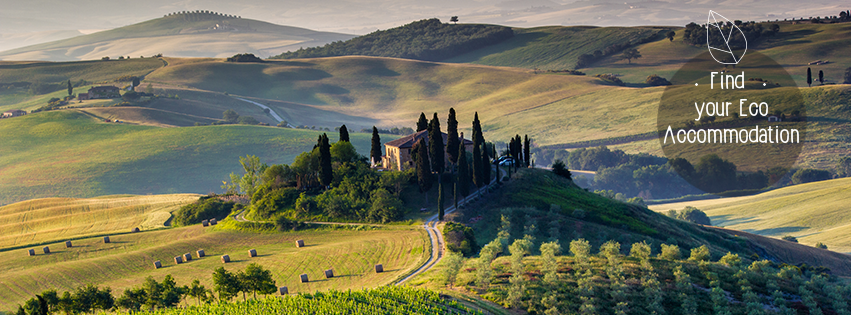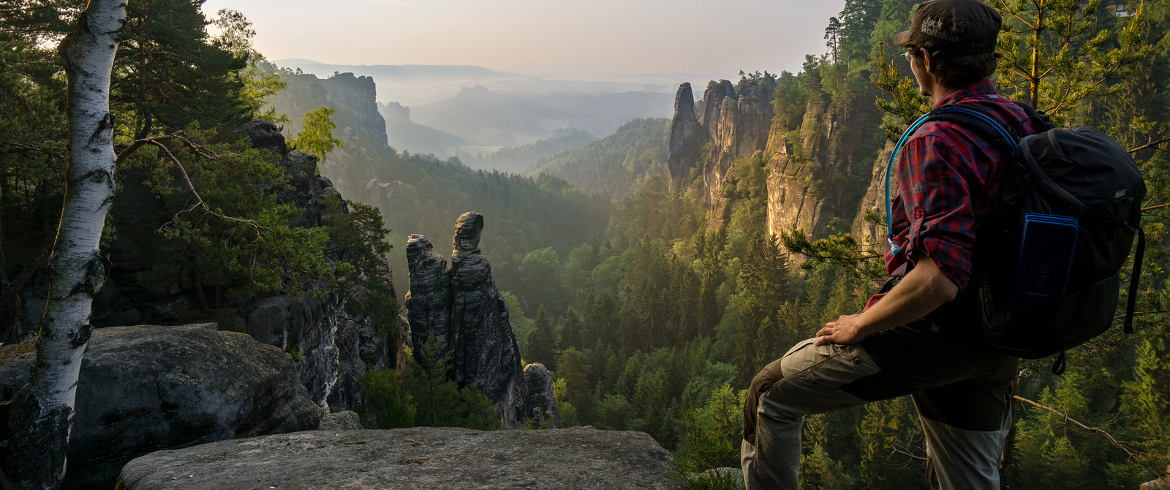Tourism development must be based on sustainability. This means that tourism in the future must be more and more:
- ecologically bearable in the lng term;
- Economically viable;
- Ethically and socially equitable for the local communities.
This is the article 1 of the Lanzarote Charter (Canary Islands, Spain), adopted in April 1955 at the World Conference on Sustainable Tourism.
Future tourism will not have to adversely affect natural resources, degrade the environment and impoverish local cultures involved, as has often been the case for mass tourism for the last 50 years.
The points of the Sustainable Tourism Charter thus sanction the need to promote a travel model that is a safeguarding opportunity for nature and natural resources, and fair development for the localities and populations that live there.

Promote Sustainable Tourism in 5 Points
Here is what Ecobnb does to respect the main points of the Sustainable Tourism Charter:
1) Ecobnb promotes a tourism model based on criteria of sustainability, environmental respect, valorisation of places and small virtuous local economies.
Ecobnb offers ecological hospitality (environmentally friendly bed and breakfasts, organic farms, low-impact holiday homes, etc.) that respect the environment, thus promoting a more virtuous tourism.
2) Ecobnb considers the effects of our travels on the environment, places, and local communities, and allows travelers to find and book accommodation facilities that reduce their ecological footprint.
The hospitality in Ecobnb has at least 5 of these 10 environmental features:
- Organic or Local Food
- Green building
- 100% renewable energy
- Energy saving lights
- Solar thermal panels for hot water
- Ecological cleaning products
- More than 80% waste recycling
- Car-free accessibility
- Recovery and reuse of rainwater
- Water flow reducers
3) Ecobnb pursues real, cultural and professional changes to promote sustainable tourism in Europe and always involve new receptive realities, small B&Bs, organic farms, zero-emission mountain refuges, as well as hotels that can commit themselves to reducing their impact on the environment, in terms of water, energy, waste, food.
4) Ecobnb is a community dedicated to Sustainable Tourism that is constantly growing. An open network for the exchange of information, research and transfer of environmental and tourist knowledge.
5) The Ecobnb blog promotes alternative ways of traveling, from bicycle to train, from public transport to sailboat or walking trip, reflecting on the effects of transport in tourism. By choosing a slow itinerary or a different means of transportation we can reduce non-renewable energy consumption!
Lanzarote Charter on Sustainable Tourism
For more info: download at this link Lanzarote Charter on Sustainable Tourism (1995)
